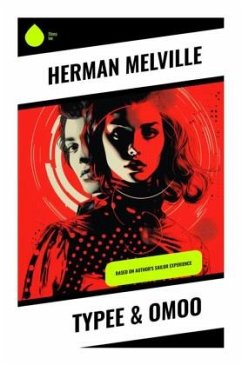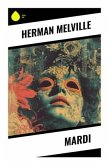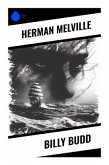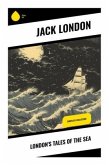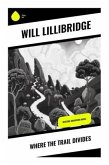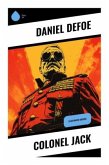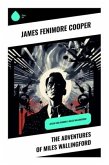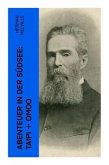In 'Typee' and its sequel 'Omoo,' Herman Melville presents a vivid depiction of Polynesian life, exploring themes of cultural encounter and the clash of civilizations through the lens of adventure and exploration. Written in the mid-19th century, these novels blend autobiographical elements with fictional storytelling, employing a rich, descriptive prose style that immerses readers in the lush landscapes and vibrant customs of the Marquesas Islands. Melville deftly navigates the complexities of colonialism, identity, and the quest for freedom, making these works not only captivating narratives but also critical reflections on Western imperialism and its discontents. Herman Melville was heavily influenced by his own experiences as a sailor and a castaway in the South Seas, which provided him with authentic insights into the lives of indigenous peoples and their rich cultural tapestry. Melville's fascination with the sea and the existential questions it poses are echoed throughout his body of work, revealing a writer deeply concerned with the human condition and the moral dilemmas of society. ' Typee' and 'Omoo' are essential readings for those interested in the complexities of cross-cultural encounters, and Melville's lyrical prose invites readers to reflect on the nature of freedom and the human spirit. These novels resonate with contemporary themes and offer timeless insights into the interplay between civilization and nature, urging readers to consider their own place within the larger tapestry of humanity.
Bitte wählen Sie Ihr Anliegen aus.
Rechnungen
Retourenschein anfordern
Bestellstatus
Storno

